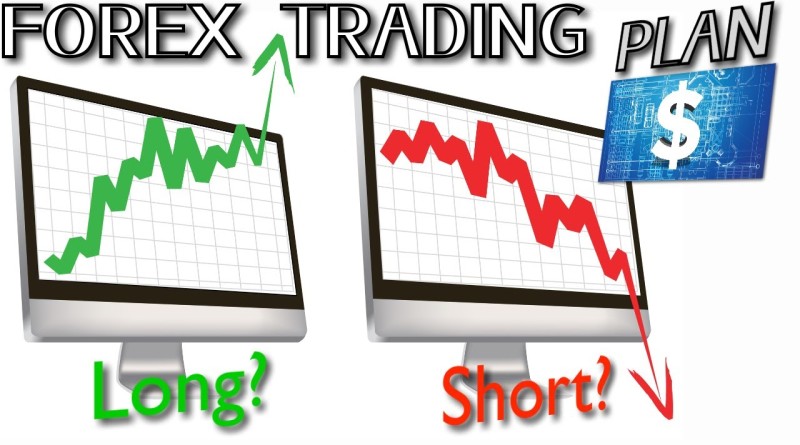 Virtually every aspect of life runs smoother when there's a plan compared to when things are handled on the fly. A trade plan is important, not only if you trade actively, but to complement your overall investment plan. In many ways, a trade plan is a business plan. It should outline what you're trying to accomplish and how you are going to accomplish it. Every trade plan is a little different, so there's not one template that will work for everyone.
Virtually every aspect of life runs smoother when there's a plan compared to when things are handled on the fly. A trade plan is important, not only if you trade actively, but to complement your overall investment plan. In many ways, a trade plan is a business plan. It should outline what you're trying to accomplish and how you are going to accomplish it. Every trade plan is a little different, so there's not one template that will work for everyone.
The first part “plan your trade” is accomplished through a forex trading plan: A written set of rules that defines entry, exit and money management criteria. Good trading plans often are based on experience or market observations and developed through research and exhaustive testing. While it is time-consuming and challenging to develop a profitable plan, a major advantage is the consistency it delivers.
The second part of the adage “trade your plan” is, for many traders, as difficult as developing a forex trading plan. Trade your plan means following your trading plan exactly, without making excuses, second-guessing or otherwise deviating from the rules that were so painstakingly created. Taking trades that fall outside the plan is considered bad trading, even if they turn out to be profitable. Often, invalid trades are the result of our emotions: Fear, greed, impatience, overconfidence, etc.
Having a plan totally removes all opinion and emotion from a trade and anything which does this can only be good news. You must plan for all kinds of events. Most of the time a trade will go your way and the plan will barely have to be looked at but what if the price gaps, goes sideways, or crashes? If you aren’t prepared for these surprises then when one does happen you are going to find yourself wandering what to do. And once you are trading from the “hip” and not from a plan then expect your results to worsen.
Traders who earn consistently treat forex trading as a business. While it's not a guarantee that you will make money, having a plan is crucial if you want to become consistently successful and survive in the trading game. Once you have a built an approach that works for you, maintain a constant state of learning. See how other approaches might compliment your plan. Test, learn, apply, and evaluate.







